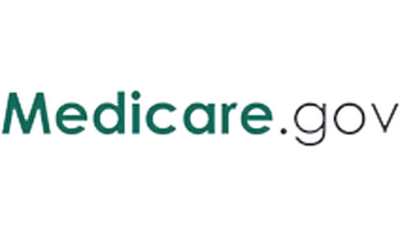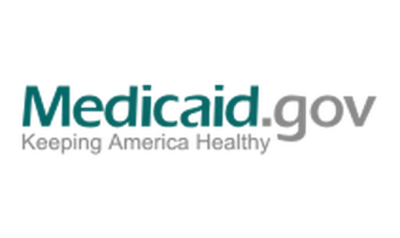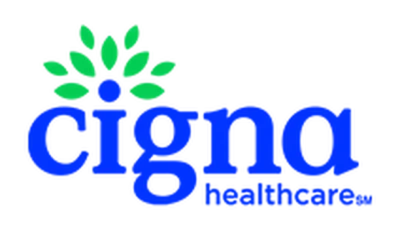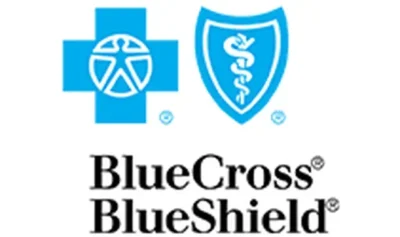- ADHD & Focus Disorder Support Frederick, MD
- Anxiety & Depression Therapy Frederick, MD
- Bipolar Disorder Treatment Frederick, MD
- Medication Management Services Frederick, MD
- Mental Health Services Frederick, MD
- Schizophrenia Treatment Frederick, MD
- Telehealth Mental Health Services Frederick, MD
- Trauma & PTSD Therapy Frederick, MD

What is ADHD & Focus Disorder?
Attention-Deficit/Hyperactivity Disorder (ADHD) is a neurodevelopmental condition that affects a person’s ability to focus, stay organized, control impulses, and manage time. While it’s often diagnosed in childhood, ADHD can continue into adulthood and impact work, relationships, and daily functioning.
Focus disorders, more broadly, refer to difficulties with attention, memory, and mental clarity—even in individuals without a formal ADHD diagnosis.
At AYEBS, we believe that ADHD and focus-related challenges are not about intelligence or potential—they’re about how the brain is wired. With the right tools and support, individuals can thrive, not just cope.
How Does ADHD & Focus Disorder Mental Health Care Work at AYEBS?
Our approach at AYEBS is strengths-based and individualized. We provide specialized support that helps you—or your child—understand how ADHD or focus issues affect daily life and how to manage them effectively.
-
Personalized Assessment: We begin with a thorough evaluation to identify patterns in attention, hyperactivity, impulsivity, and executive functioning.
-
Individualized Care Plans: We tailor treatment to each client’s goals—whether that means improving academic performance, work productivity, or emotional regulation.
-
Evidence-Based Therapies: Our clinicians use proven approaches like Behavioral Therapy, Executive Function Coaching, and Cognitive Behavioral Therapy (CBT) to improve focus, planning, and emotional control.
-
Skill-Building Support: We help clients develop systems and routines that reduce overwhelm and boost daily effectiveness.
-
Collaboration with Families & Schools: For children and teens, we work closely with caregivers and educators to create supportive environments that encourage long-term success.
What Are the Benefits of ADHD & Focus Disorder Mental Health Care at AYEBS?
Treatment for ADHD and focus disorders at AYEBS is more than symptom management—it’s about unlocking potential and restoring confidence. Benefits include:
-
Greater Focus and Organization: Learn techniques to reduce distractions and improve task completion.
-
Better Emotional Regulation: Understand and manage frustration, impulsivity, and mood swings.
-
Improved Academic or Work Performance: Develop strategies that align with your learning or working style.
-
Stronger Self-Esteem: Feel more in control and confident in your abilities.
-
Supportive Relationships: Enhance communication and reduce conflicts at home, school, or work






